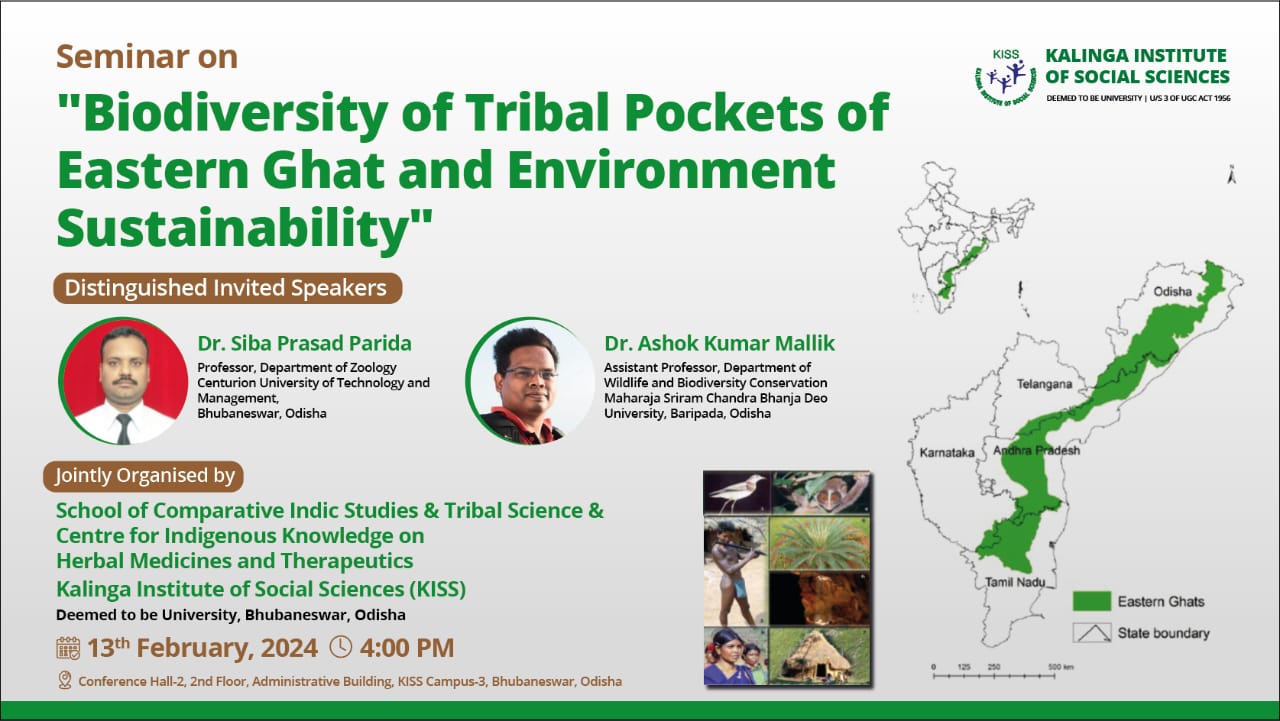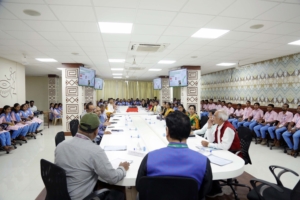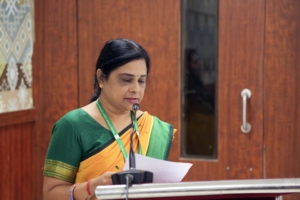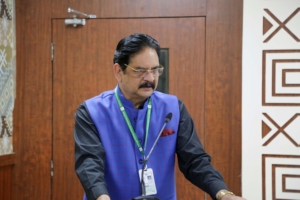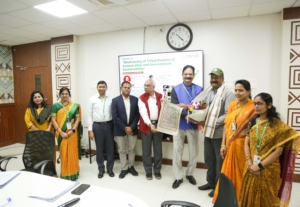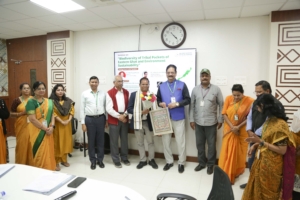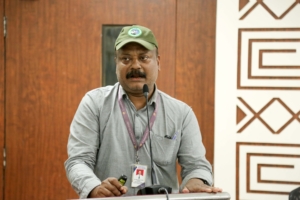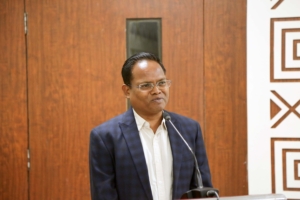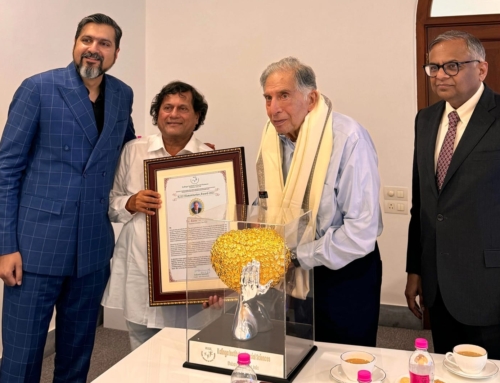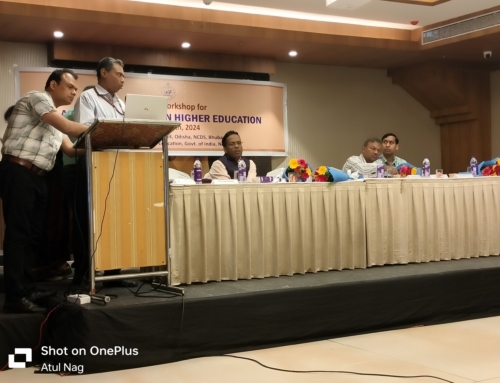The School of Comparative Indic Studies and Tribal Science and Centre for Indigenous Knowledge on Herbal Medicines and Therapeutics, KISS-DU recently hosted a groundbreaking seminar titled “Biodiversity of Tribal Pockets of Eastern Ghat and Environment Sustainability” on 13th February 2024. The seminar aimed to shed light on the rich biodiversity found in the tribal pockets of Eastern Ghat and emphasizes the crucial need for environmental sustainability.
The seminar featured two distinguished speakers who delved into different aspects of wildlife and biodiversity. The first lecture, titled “Wildlife Prospective in Odisha,” was delivered by Dr. Siba Prasad Parida, Professor in Zoology at Centurion University of Technology and Management, Bhubaneswar Campus, Jatani, Odisha. Dr. Parida’s insightful presentation highlighted the intricate behavior of wild animals and stressed the importance of recognizing their rights to inhabit the Earth and access natural resources. He emphasized that wildlife plays vital roles in maintaining the delicate balance of our ecosystem, roles that may not always be apparent to us. Dr. Parida called for proper education on wildlife conservation, particularly targeting students, as a key solution to preserving biodiversity.
The second talk, “Unraveling the Ecology, Evolution and Molecular Diversity of Snakes in India: Insights for Conservation and Management,” was presented by Dr. Ashok Kumar Mallik of Maharaja Sriram Chandra Bhanja Deo University, Baripada, Odisha. Dr. Mallik provided a comprehensive overview of the ecology, evolution, and molecular systematics of snakes native to India. His presentation offered valuable insights for conservation and management strategies related to these reptiles.
Dr. Mallik’s emphasis on understanding the intricate relationships between snakes and their ecosystems underscored the need for a holistic approach to conservation. Professor Deepak Kumar Behera, Vice Chancellor, and Professor Siba Prasad Adhikary, Emeritus Professor, KISS Deemed to be University chaired the session and highlighted that the seminar not only provided a platform for sharing knowledge but also served as a catalyst for fostering a deeper appreciation for the diverse flora and fauna in the tribal pockets of Eastern Ghat.
The School of Comparative Indic Studies and Tribal Science extended its gratitude to both speakers for their enlightening presentations and to the attendees for their active participation. The seminar successfully underscored the importance of preserving biodiversity in tribal regions and promoting environmental sustainability for the benefit of present and future generations.

